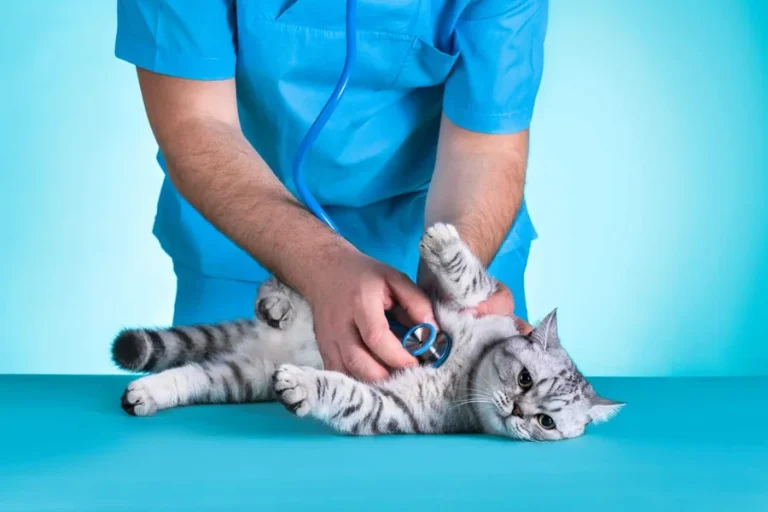Pets are family. You want them healthy, but they can’t tell you when they’re not well. Understanding common health issues in cats and dogs helps you spot problems early. Your pet might hide pain. Look for signs like limping or changes in eating. Parasites, infections, and dental problems are frequent. Vaccinations keep many diseases at bay. Yet, some issues persist. A veterinarian in Carmichael ca can offer guidance and treatments. You learn about options like medications or surgery. Early care leads to better outcomes. Trust your vet’s expertise. They recognize symptoms swiftly, providing comfort and relief for your pet. Remember, routine check-ups and preventive care make a difference. Staying informed helps you provide the best care for your furry friend. Spotting issues early and consulting a professional keeps your pet thriving. This blog gives you a clearer understanding of these common issues and the treatment paths taken by experts.
Common Health Issues
Pets often face several health issues. Understanding these helps you respond quickly. Here are some common concerns:
- Parasites: Fleas and ticks are frequent. They cause itching and discomfort. Heartworms and intestinal worms are dangerous. They need prompt attention.
- Dental Problems: Plaque and tartar lead to gum disease. Bad breath or tooth loss might occur. Regular cleaning prevents these issues.
- Obesity: Overfeeding and lack of exercise are typical causes. Obesity leads to diabetes and joint problems. A balanced diet and activity are crucial.
Veterinary Treatments
Treatments vary based on the issue. Here’s a look at how vets typically address these problems:
| Health Issue | Treatment |
|---|---|
| Parasites | Topical treatments, oral medications, preventive measures |
| Dental Problems | Professional cleaning, daily brushing, dental chews |
| Obesity | Diet adjustment, exercise regimen, regular weight monitoring |
Preventive Measures
Prevention is key. Regular vet visits and vaccinations are essential. Explore reliable resources for more information. The American Veterinary Medical Association offers guidance and standards. Their insights ensure you follow the best practices for your pet’s health.
Moreover, proper nutrition plays a vital role. Fresh water and a balanced diet support overall health. Consistency in feeding routines helps manage weight and energy levels. Creating a safe environment at home minimizes risks of accidents or ingestion of harmful substances.
Recognizing Symptoms
Quick response saves lives. Be aware of the warning signs. Check for:
- Changes in appetite or weight
- Unusual lethargy or restlessness
- Vomiting or diarrhea
- Excessive scratching or licking
If you notice any signs, consult your vet promptly. Their training equips them to diagnose and treat issues efficiently.
The Importance of Routine Care
Routine care fosters long-term health. Regular check-ups detect problems before they escalate. Vaccinations help prevent diseases like rabies and distemper. Dental care, flea prevention, and weight management contribute to well-being.
Always follow your vet’s recommendations. Their expertise is your best resource for maintaining your pet’s health. The Centers for Disease Control and Prevention also offers valuable tips on keeping both your pets and family healthy.
Conclusion
Your pet’s health needs attention and informed decisions. Understanding common issues and treatments allows you to provide the best care. Your veterinarian is your partner in this journey. Together, you ensure a long, healthy life for your furry companion. Stay vigilant and proactive. This approach not only enhances your pet’s quality of life but also strengthens the bond you share. Make their well-being your priority and enjoy the joy they bring into your life.

